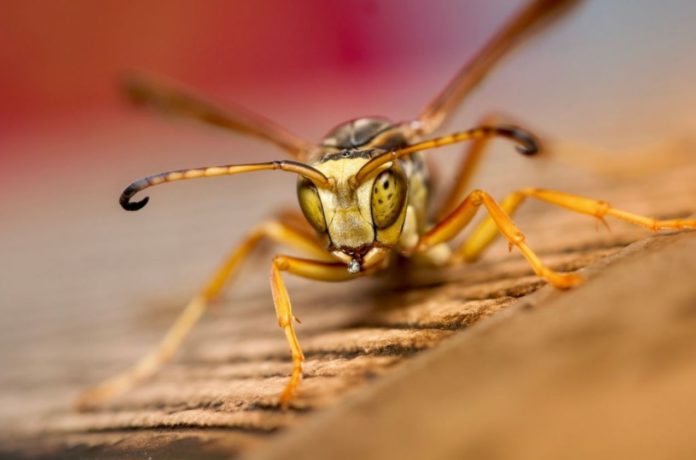The study shows that a molecule found in bee venom can suppress the growth of, particularly cancer cells.
The research focused on certain subtypes of breast cancer, including triple-negative breast cancer (TNBC), which is an extremely aggressive condition with limited treatment options.
- Does This Mean We Stopped Being Animal and Started Being Human Due to ‘Copy Paste’ Errors?
- The One Lifestyle Choice That Could Reduce Your Heart Disease Risk By More Than 22%
- Aging: This Is What Happens Inside Your Body Right After Exercise
- Immune-Boosting Drink that Mimics Fasting to Reduce Fat – Scientists ‘Were Surprised’ By New Findings
- Gun Violence in America: What They Don’t Talk About at the Debate
TNBC
TNBC accounts for up to 15% of all breast cancers. Different types of treatments are needed to be treated because they are estrogen receptor-negative, progesterone receptor-negative, and HER2 negative. Medications such as tamoxifen, which targets the estrogen receptor, and trastuzumab (Herceptin), which targets HER2, are not helpful in treating triple-negative breast cancer.
The bee venom (Apis mellifera), however, has shown potential in other medical therapies as the treatment of eczema and has been known for some time that has anti-tumor properties, including melanoma. However, how it works against tumors at the molecular level is not fully understood.
Now, however, a big step towards the answer has been taken.
Bees actually use melittin, the molecule that makes up half their venom and makes their stings painful, to fight their own pathogens. Insects produce this peptide not only in their venom but also in other tissues, where it is expressed in response to infections.
With their sights set on this molecule, the researchers subjected cancer cells and normal laboratory-grown cells to bee venom from Ireland, England, and Australia, and bumblebee (Bombus terrestris) venom from England.
Bumblebee venom, which does not contain melittin, had little effect on breast cancer cells, but bee venom everywhere did make a difference.
In fact, melittin can completely destroy cancer cell membranes in 60 minutes.
Furthermore, if this weren’t enough, melittin had little impact on normal cells, specifically targeting cells that produced a large amount of EGFR and HER2 (another molecule overproduced by some types of breast cancer); it even spoiled the ability of cancer cells to replicate.
After trying the same with a synthetic version of melittin, they found the same results.
- Does This Mean We Stopped Being Animal and Started Being Human Due to ‘Copy Paste’ Errors?
- The One Lifestyle Choice That Could Reduce Your Heart Disease Risk By More Than 22%
- Aging: This Is What Happens Inside Your Body Right After Exercise
- Immune-Boosting Drink that Mimics Fasting to Reduce Fat – Scientists ‘Were Surprised’ By New Findings
- Gun Violence in America: What They Don’t Talk About at the Debate
Before we get too excited, it should be noted that many things can kill a cancer cell in a Petri dish, and the researchers caution that there is still a long way to go before this bee venom molecule can potentially be used as a treatment in humans.
Image Credit: Getty
